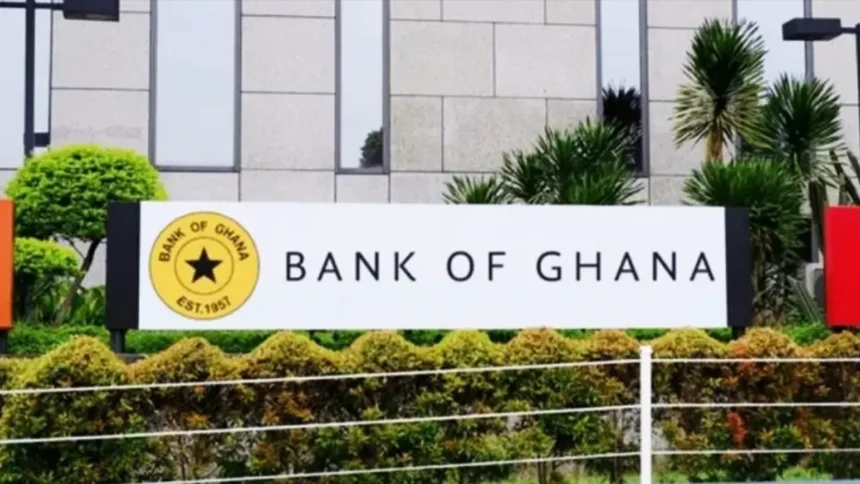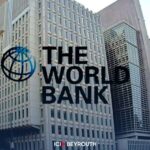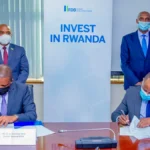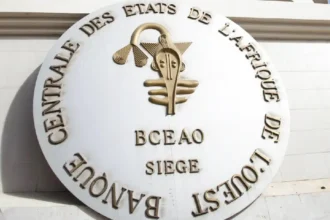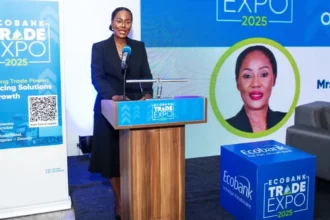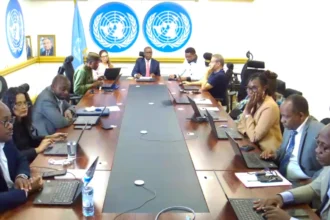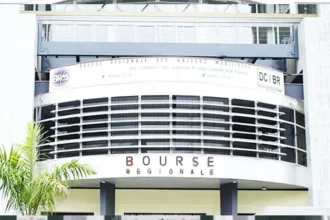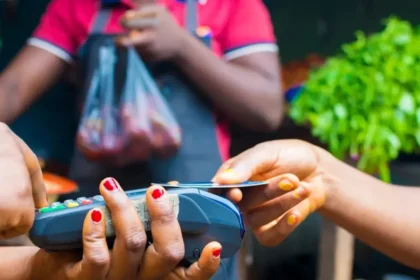In 2022, Ghana faced a multidimensional crisis marked by unsustainable debt levels, skyrocketing inflation, and dwindling foreign reserves. According to the Ghanaian Ministry of Finance, public debt had reached 82.1% of GDP, while inflation peaked at 54.1% in December, according to the Ghana Statistical Service. Twin deficits—fiscal and current account—had surpassed critical thresholds, and foreign reserves covered only 2.1 months of imports. In response, the government suspended servicing its external debt and began negotiations with the IMF for a recovery program.
A bailout plan tied to deep reforms
In May 2023, the IMF approved a three-year, $3 billion Extended Credit Facility (ECF) program. This program included several essential structural reforms: a drastic reduction in the fiscal deficit; broadening of the tax base; a freeze on public sector hiring; energy sector reforms; and most critically, a restructuring of both domestic and external debt. The program also called for a shift toward targeted subsidies to protect vulnerable populations.
An impressive and measurable economic recovery
As early as 2023, signs of stabilization began to emerge. Growth accelerated from 3.1% in 2022 to 4.3% in 2023, reaching 6.9% in the second quarter of 2024, according to the Bank of Ghana. Inflation fell below 25% by the end of 2024, compared to over 54% two years earlier. Foreign reserves increased to cover 4.5 months of imports, and the current account returned to surplus. These results were praised by the IMF during its second review of the program.
A stock market boosted by renewed confidence
The Ghana Stock Exchange (GSE) recorded exceptional performance in 2024. The GSE Composite Index rose by 28.08% in local currency and by 56.17% in U.S. dollar terms, according to the business daily Graphic Business. Shares of companies like Unilever Ghana (+140%), MTN Ghana (+53%), and Ecobank Ghana (+45%) attracted substantial interest from both local and foreign investors. This momentum reflects a resurgence of confidence in the Ghanaian economy.
Aware of the social risks, the Ghanaian government has strengthened its protection mechanisms. Funding for the LEAP (Livelihood Empowerment Against Poverty) program has doubled between 2022 and 2024. More than 350,000 households now receive targeted cash transfers. Public health investments have also been reinforced. According to economist Kwabena Mensah, this program represents a “socially responsible” version of structural adjustment, one that learns from the mistakes of the past.
Ghana’s recovery is based on specific conditions: restructured debt through the G20 Common Framework, strong political will, institutional stability, and solid partnerships with international donors. Countries like Zambia or Ethiopia, which are also engaged in talks with the IMF, could draw inspiration from this model.

